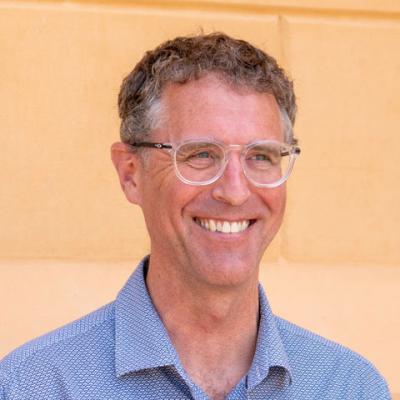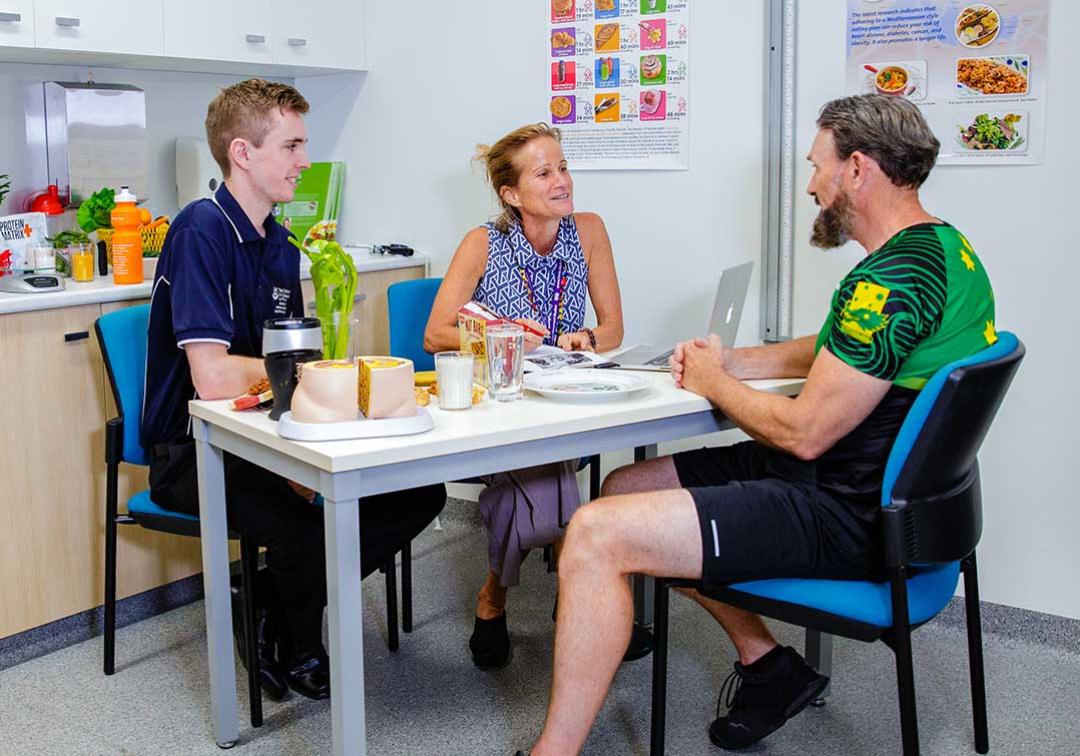
Graduate Diploma in Environmental Health Sciences
Overview
Examine environmental health risks facing the modern world and develop the ability to manage these complex public health challenges.
This one year interdisciplinary program will deepen your knowledge of environmental health risks and develop your skills to create viable solutions. Population growth, globalisation, and climate change are among the world’s most challenging issues of our time, and our governments, industry and communities are under pressure to adapt and apply sustainable solutions.
Our Environmental Health Sciences programs will equip you with the knowledge and skills to identify and resolve complex environmental health risks and you'll learn to confidently communicate the risks and mitigation options to a range of stakeholders across all sectors.
You'll gain the skills to influence, advocate for and manage effective public health responses. During the program, you'll complete advanced-level courses that cover key areas of environmental health risk assessment and communication. A range of elective courses are also available, which provide the opportunity to develop your own specialist knowledge.
You'll graduate with a respected qualification, or you can use your graduate diploma to further your postgraduate studies. Because these courses are taken from the Master of Environmental Health Sciences, you may be eligible to receive credit for your studies.
Program highlights
- Prepare yourself for a wide variety of roles and responsibilities across a number of employment sectors.
- Learn from a broad range of UQ experts while undertaking courses tailored to your specific needs.
- Choose the flexible delivery option that suits you best, including full-time, part-time or online.
How you'll learn
Your learning experiences are designed to best suit the learning outcomes of the courses you choose.
- Lectures
- Tutorials
- Online study
- Fieldwork
What you'll study
At UQ, degrees are called 'programs' and subjects are called 'courses'. Here's a sample of the courses you could study in this program:
- Risk Communication
- Introduction to Environmental Health
- Health Economics and Policy
- One Health: Diseases at the Human-Animal interface
Career possibilities
Postgraduate study can take you anywhere. Here are some of the careers you could be on your way to:
- Environmental systems specialist
- Environmental scientist
- Senior research technician
- Environment reporting and analysis specialist
- Environment consultant
- Sustainability manager
- Sustainability adviser
- Community and sustainability manager
- Regulatory affairs associate
- Principal environmental officer
Events
See all events
28 November
Discover postgraduate Master of Medicine (Skin Cancer)
Stories
See all stories
Study tips
Why choose UQ for environmental studies?
6-minute read

Study tips
Study environmental conservation as a postgrad at UQ
5-minute read
Stories
See all stories
Study tips
Why choose UQ for environmental studies?
6-minute read

Study tips
Study environmental conservation as a postgrad at UQ
5-minute read
Entry requirements
Entry requirements
To be eligible for entry, you'll need:
- a bachelor's degree (or equivalent) in a relevant discipline (see below), or
- a graduate certificate (or equivalent) in relevant discipline (see below).
You must have a grade point average (GPA) of 4.0 on a 7-point scale in your previous qualification.
- a bachelor's degree (or equivalent) in a relevant discipline (see below), or
- a graduate certificate (or equivalent) in relevant discipline (see below).
You must have a grade point average (GPA) of 4.0 on a 7-point scale in your previous qualification.
Relevant disciplines for previous qualifications
Relevant disciplines include nursing, paramedicine, environmental technology, medicine, environmental management, public health management, environmental science, science and health sciences.
Related programs
Depending on your previous qualifications and current goals, you might want to consider
one of these related programs:
English language requirements
IELTS overall 6.5; reading 6; writing 6; speaking 6; listening 6. For other English Language Proficiency Tests and Scores approved for UQ
TOEFL iBT (including Paper Edition) - Overall 87, listening 19, reading 19, writing 21 and speaking 19.
PTE Academic - Overall Score of 64 and 60 in all sub bands.
BE - A minimum overall grade of 4 plus a minimum grade of C in all macro skills.
CES - Overall 176 and 169 in all sub bands.
OET is not accepted.
There are other ways to meet the English language requirements. For some programs, additional conditions apply.
Student visas
International students who are accepted into full-time study in the Graduate Diploma in Environmental Health Sciences are eligible to apply for an Australian student visa (subclass 500).
There are a number of requirements you must satisfy before a visa is granted, including the Genuine Student (GS) requirement.
Fees and Scholarships
Indicative annual fee
Approximate yearly cost of tuition (16 units). Your fees will vary according to your selected courses and study load. Fees are reviewed each year and may increase.
Fee information for this program is not yet available.
Fee information for this program is not yet available.
Approximate yearly cost of full-time tuition (16 units). Your fees will vary according to your study load. Fees are reviewed each year and may increase.
AUD $47,200
2025
AUD $47,200
2025
Financial aid
As an international student, you might be eligible for financial aid – either from your home country, or from the Australian Government.
Centrelink support
The Australian Government offers a number of income-support payments to eligible Australian university students.
Scholarships
You may be eligible for more than 100 scholarships, including:
How to apply
Applying online
All international applications should be submitted to UQ. If you prefer, you can use an approved UQ agent in your country.
The program code for the Graduate Diploma in Environmental Health Sciences is 5705.
Find out more about applying for postgraduate coursework study
Applying online
All domestic applications should be submitted to UQ.
The program code for the Graduate Diploma in Environmental Health Sciences is 5705.
Find out more about applying for postgraduate coursework study
Important dates
The closing date for this program is:
- To commence study in semester 2 - May 31 of the year of commencement.
- To commence study in semester 1 - November 30 of the previous year.
To learn more about UQ dates, including semester start dates, view the Academic Calendar.
Important dates
The closing date for this program is:
- To commence study in Semester 1 - January 31 of the year of commencement.
- To commence study in Semester 2 - June 30 of the year of commencement.
To learn more about UQ dates, including semester start dates, view the Academic Calendar.
Aboriginal and Torres Strait Islander applicants
For support with applying – or if you have any questions about university life – get in touch with our Aboriginal and Torres Strait Islander Studies Unit.
Explore other programs
Express yourself. And your interest.
They say choosing a degree is hard, which is why we've made it easy. Register your interest and we'll send you everything you need to know about applying to UQ.




